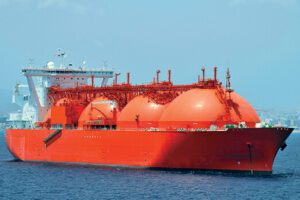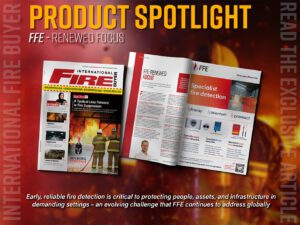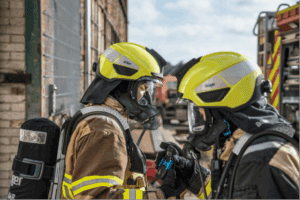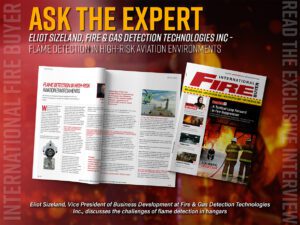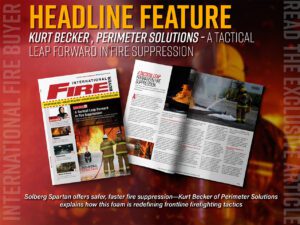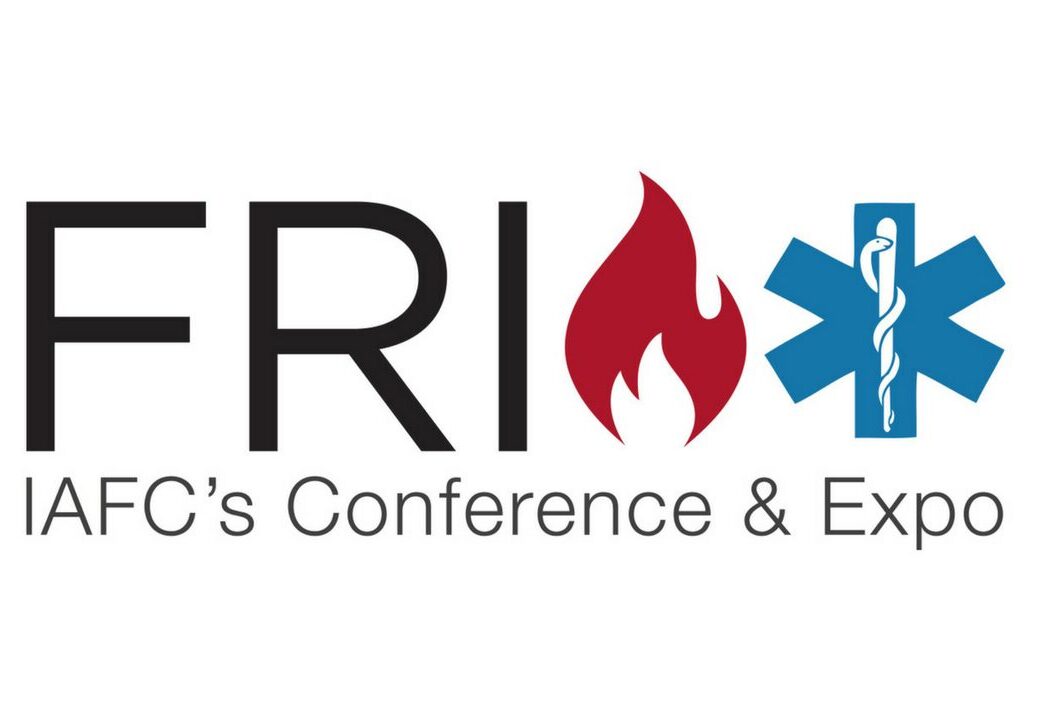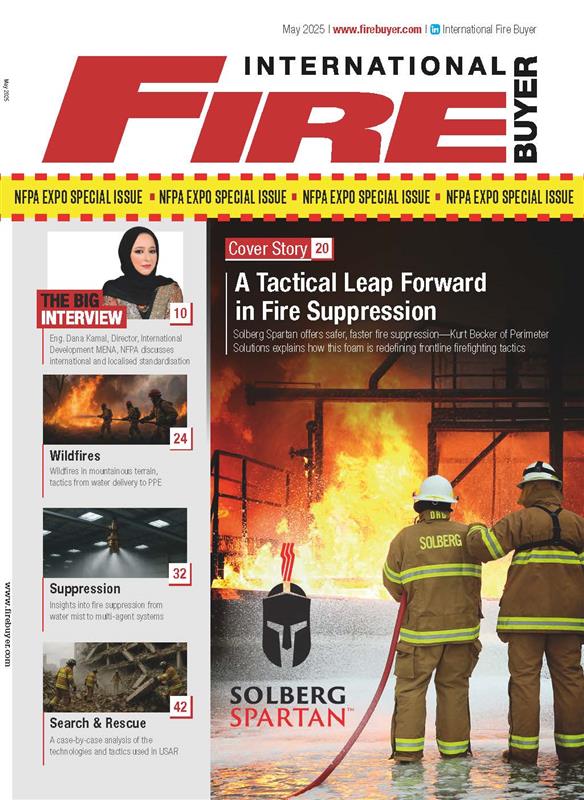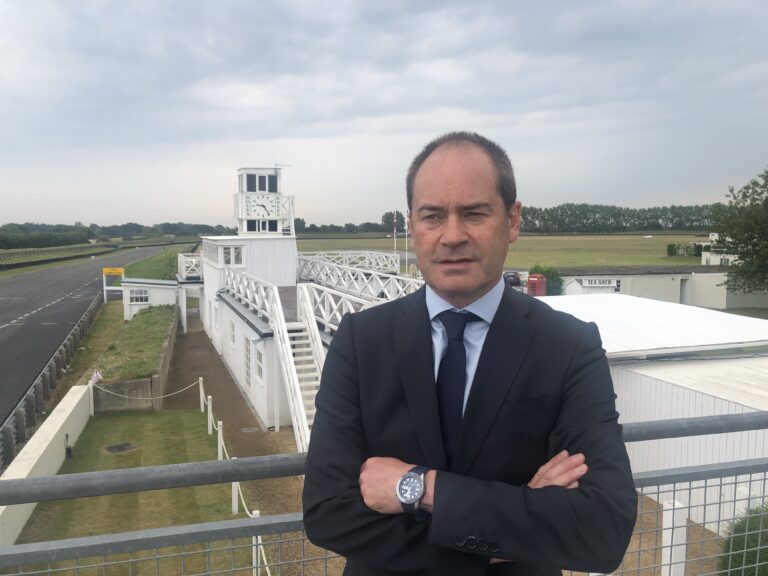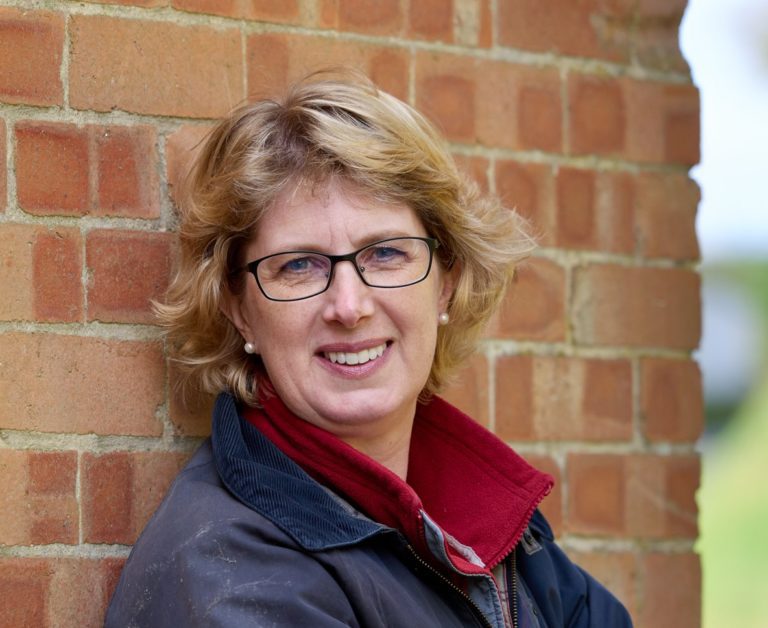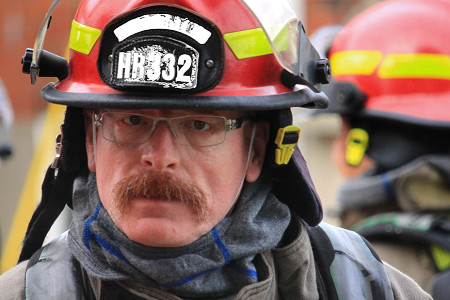Niall Rowan, Chief Executive Officer ASFP, talks exclusively to International Fire Buyer about advancing education throughout the construction process
How does the ASFP ensure fire protection quality of installation in construction?
The Association for Specialist Fire Protection (ASFP) believes that quality is achieved by the use of third party certificated products installed by third party certificated installers, backed by a rigorous inspection regime. Third party schemes are independent of the provider, examine a provider’s quality control procedures and records of, for example factory production control. They evaluate relevant staff, for example the competence of installers and take snapshots of provider performance via sample selection and so provide a guarantee to end-users and other stakeholders.
To ensure the quality of installation, the ASFP has for over 20 years required its installer members to register on a third party UKAS-accredited installer scheme. The ASFP has also introduced new membership requirements from 1 January 2021, which will make it mandatory for member companies to demonstrate that a proportion of their employees have been suitably trained and/or have achieved appropriate qualifications in passive fire protection.
This will further assist the Association and its members to clearly demonstrate that ASFP members are more professional than non-members and exceed the current competency expectations of the passive fire protection industry. With these requirements we hope to drive up competency across the whole industry and raise levels of competency and quality.
The ASFP has also worked to improve passive fire protection training. The Foundation Course in Passive Fire Protection was launched in 2018 and enables learners to study towards Level 2 and 3 qualifications in passive fire protection, awarded by the Institution of Fire Engineers (IFE). These qualifications are the only PFP qualifications recognised by Ofqual. The ASFP will also be launching a revolutionary new e-Learning platform in Spring 2021 to support those wishing to study for the IFE qualifications.
How do you help advance knowledge on aspects of ‘built-in’ fire protection?
The ASFP has an ongoing programme of advancing education throughout the construction process. We run regular CPD seminars and webinars and attend industry events as well as working with other trade associations across the industry to reach audiences involved in design, specification, installation and maintenance, as well as educating building owners and occupiers and inspection bodies.
The ASFP provides a range of technical and other publications on passive fire protection which are free to download from our website. Some of these are referenced in Approved Document B to the Building Regulations in England. These offer best practice guidance on everything from firestopping and structural protection to fire risk assessment
In addition, we provide an on-line introductory course on passive fire protection and training to obtain IFE Level 2 and Level 3 Certificates in Passive Fire Protection.
How has Covid-19 impacted the industry, and what are ASFP doing to aid the sector?
After the initial shut down of the industry in March/April 2020, the industry quickly restarted with the use of the Safe Operating Procedures for site working. While this made sites safe, productivity fell somewhat. The situation on contracting is much better now. Manufacturing also rebounded quickly after the initial shut down by developing and implementing Covid safe procedures.
The ASFP has offered regular updates to its members on Covid legislation and advice. Early in the pandemic, we took the decision to allow free downloads of all of our technical publications, to allow all involved in the construction sector easy access to best practice guidance.
With the shift to remote working, do you think e-learning and digital training will continue post-covid?
Absolutely. We have seen huge interest from across the construction sector in the ASFP’s CPD webinars and expect this to continue into the future. Enrolment to our on-line introductory course doubled in 2020. We will also be launching a new e-Learning platform in support of our Level 2 and 3 Certificate in Passive Fire Protection.
Do you expect any particular trends in 2021?
Competency across the construction industry will become increasingly important as the recommendations from the Hackitt Review of Building Regulations and Fire Safety are introduced via the new Building Safety Bill.
The crystallisation of the competency requirements for all stakeholders in the construction industry will see intense competition between trade bodies and systems of evaluation and approval. How this turns out will ultimately determine fire safety in buildings. The ASFP is well placed to influence this as we have representation on all the important groups charged with developing and implementing competency requirements.
A trend towards modern methods of construction (MMC) will mean that greater importance and scrutiny is needed of building construction and the passive fire protection measures to protect buildings. As a result, it will be even more important that third party certificated products and installers are used. All ASFP contractor members have to hold third party certification from a UKAS accredited body as a condition of membership.
Brexit, as well as the new Building Safety Bill will also have a significant effect on construction product standards over the coming years. The new Building Safety Bill aims to create a list of Safety Critical Products and a new Construction Products Regulator has been established within the Office of Products Safety and Standards (a department of BEIS). This will further complicate the situation and have a significant impact on the passive fire protection sector.
To stay up to date on the latest, trends, innovations, people news and company updates within the global fire market please register to receive our newsletter here.
Media contact
Rebecca Morpeth Spayne,
Editor, International Fire Buyer
Tel: +44 (0) 1622 823 922
Email: [email protected]



